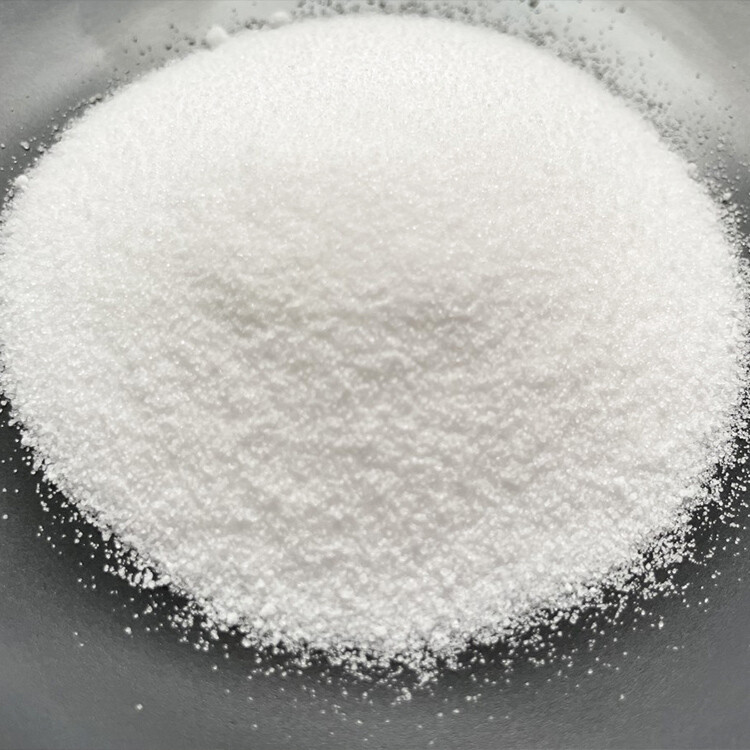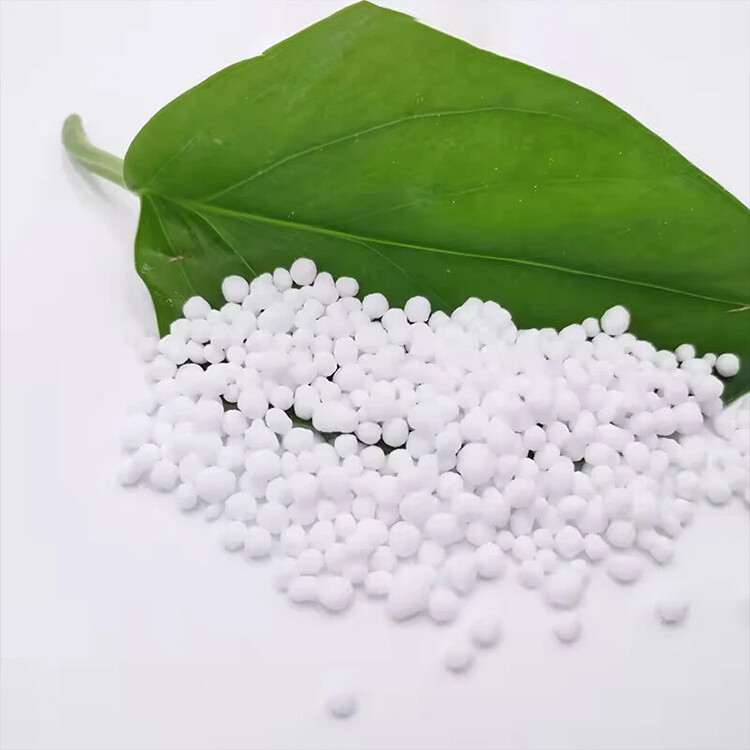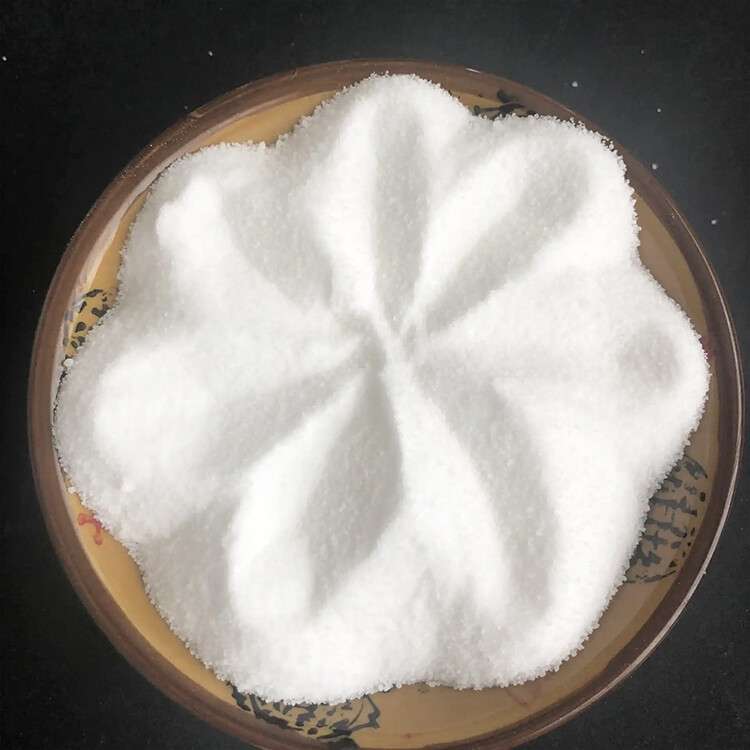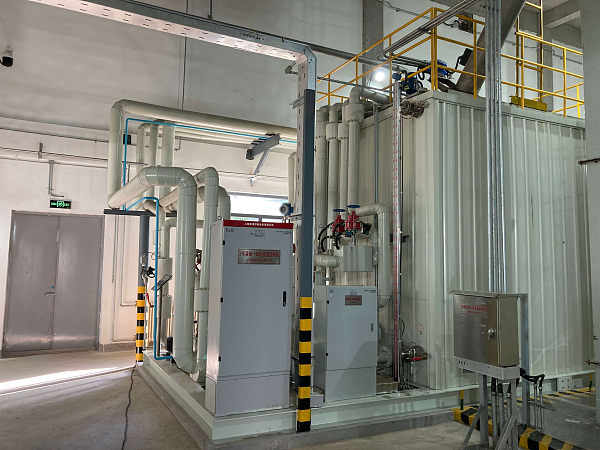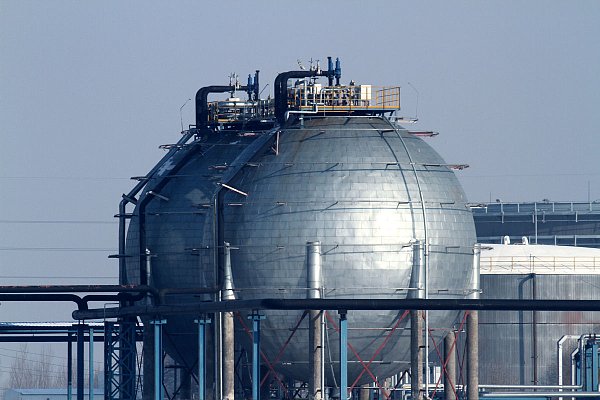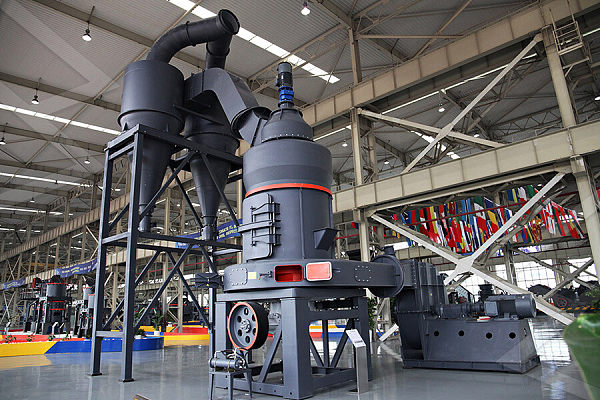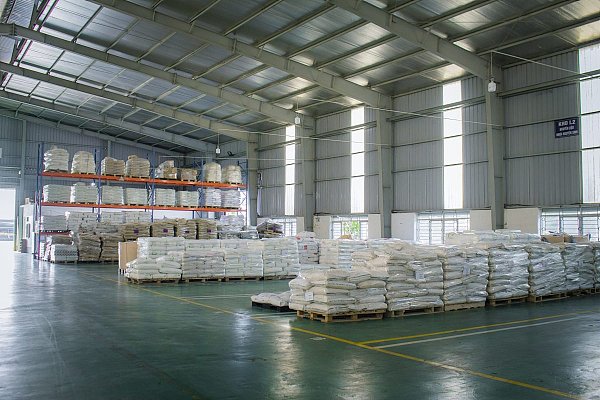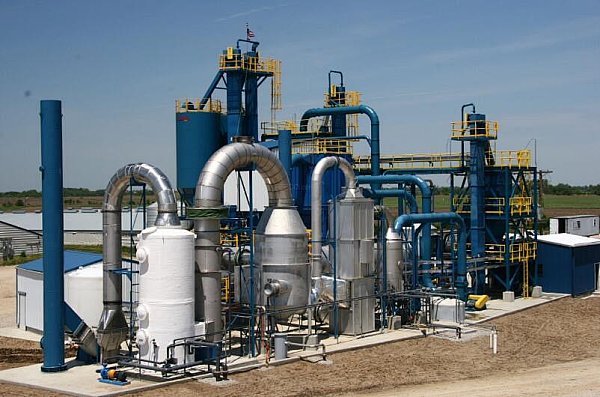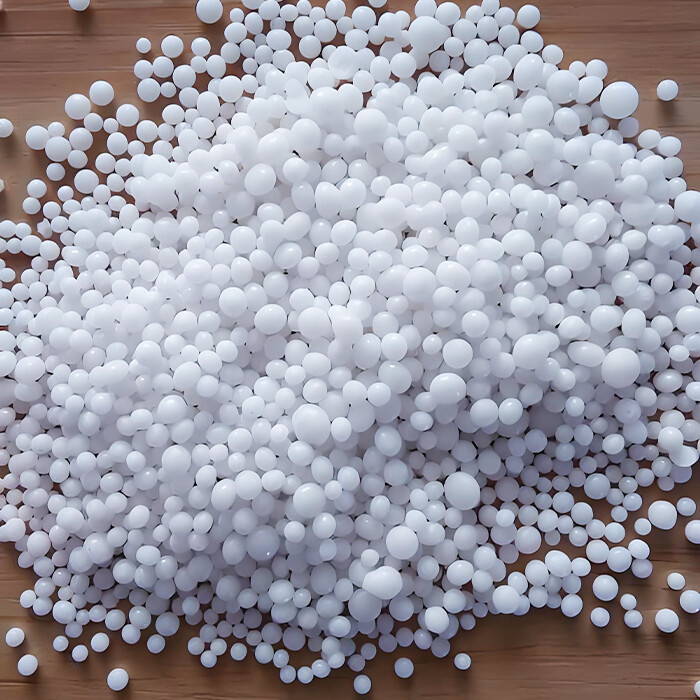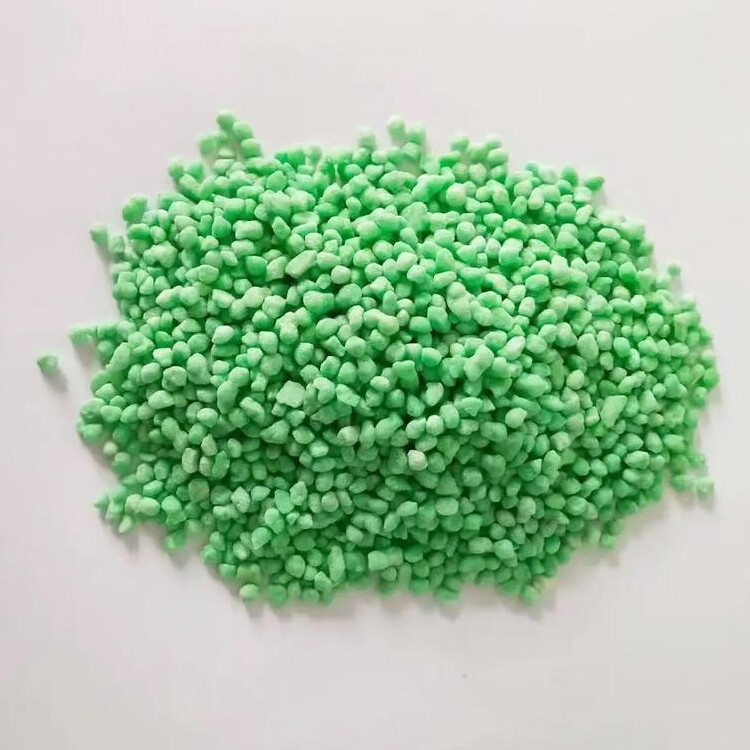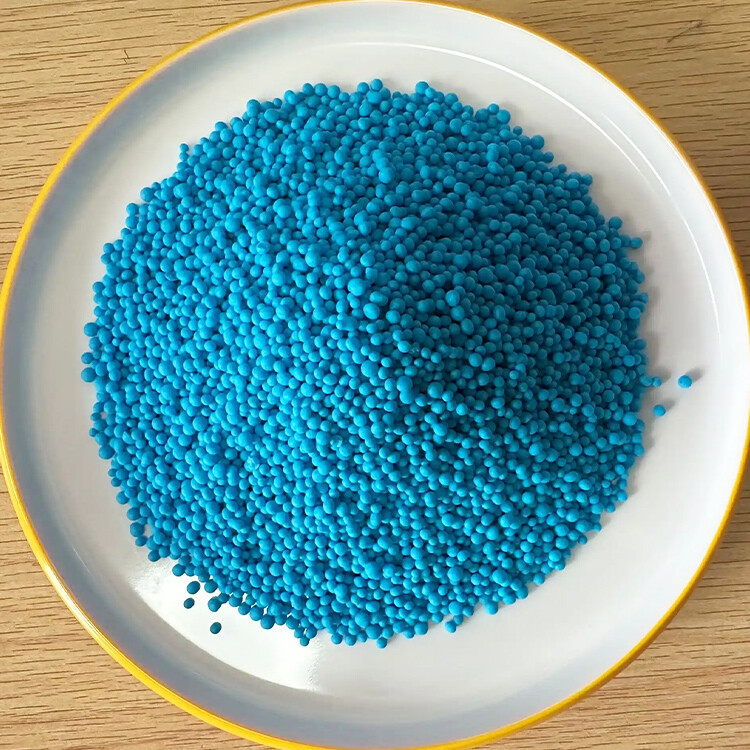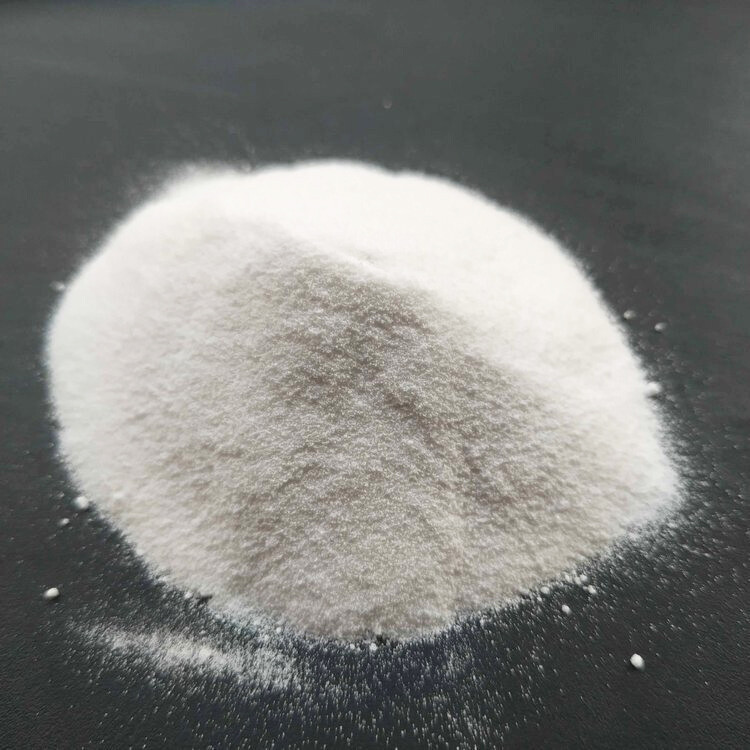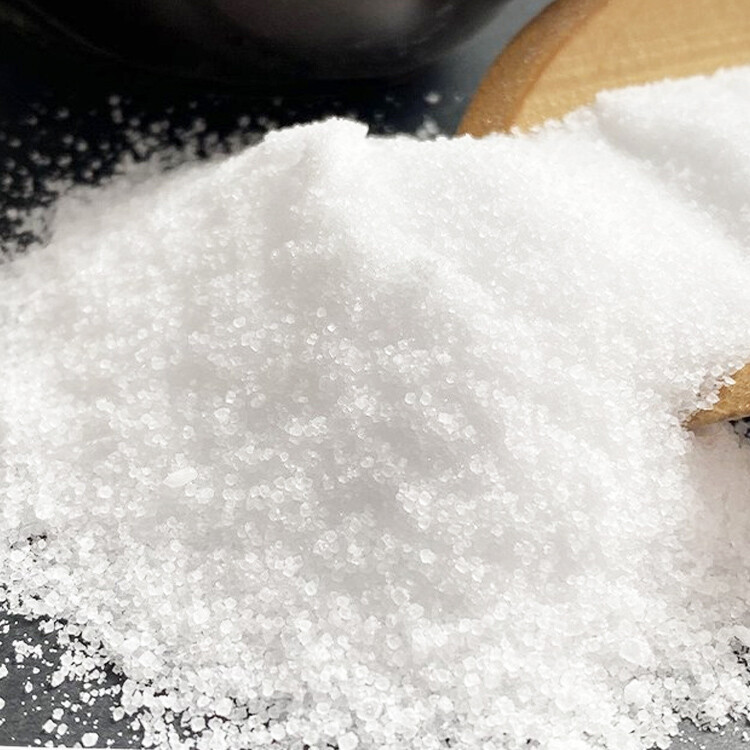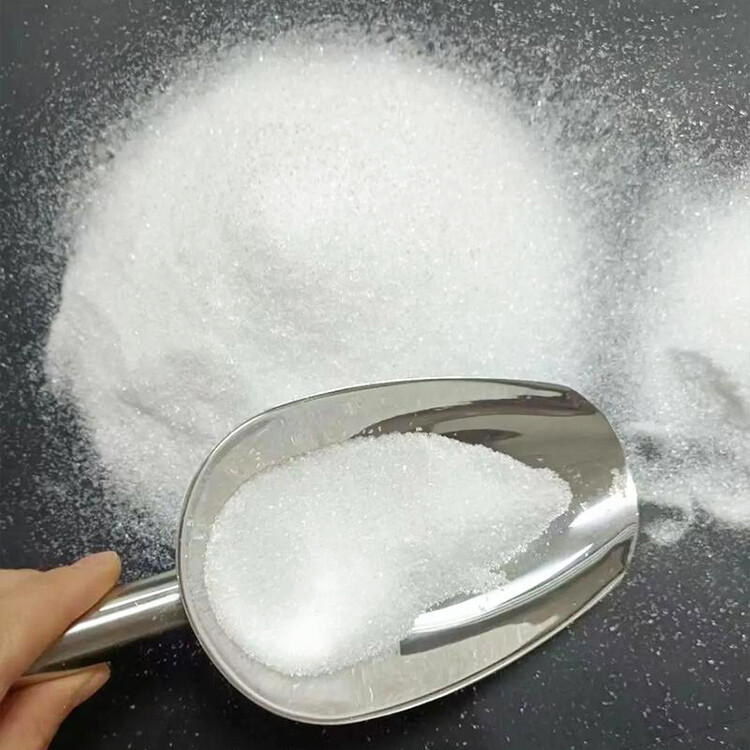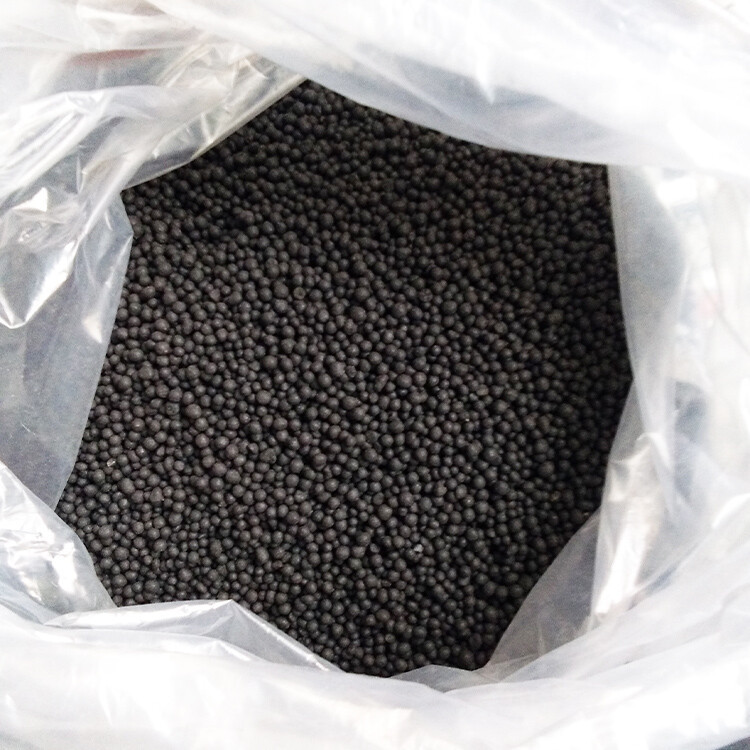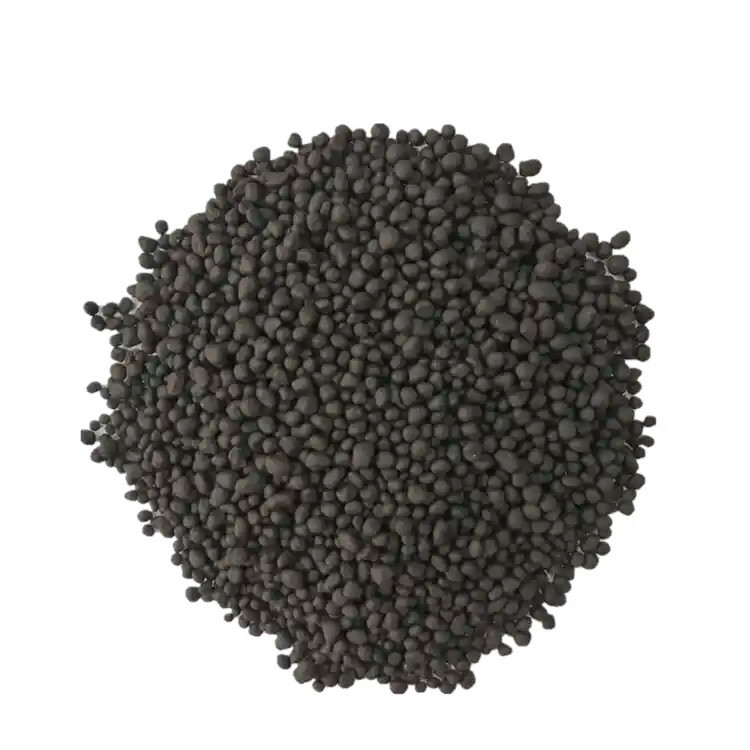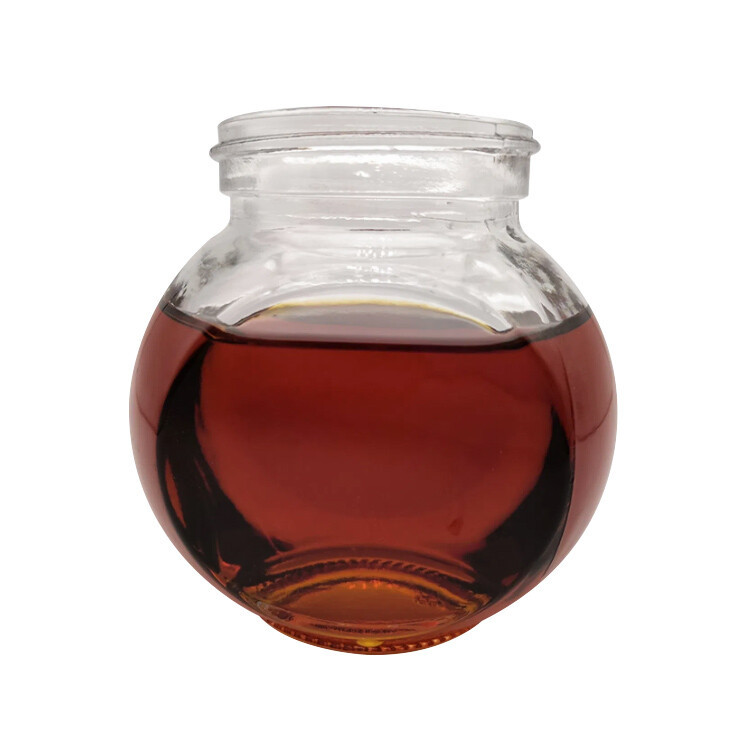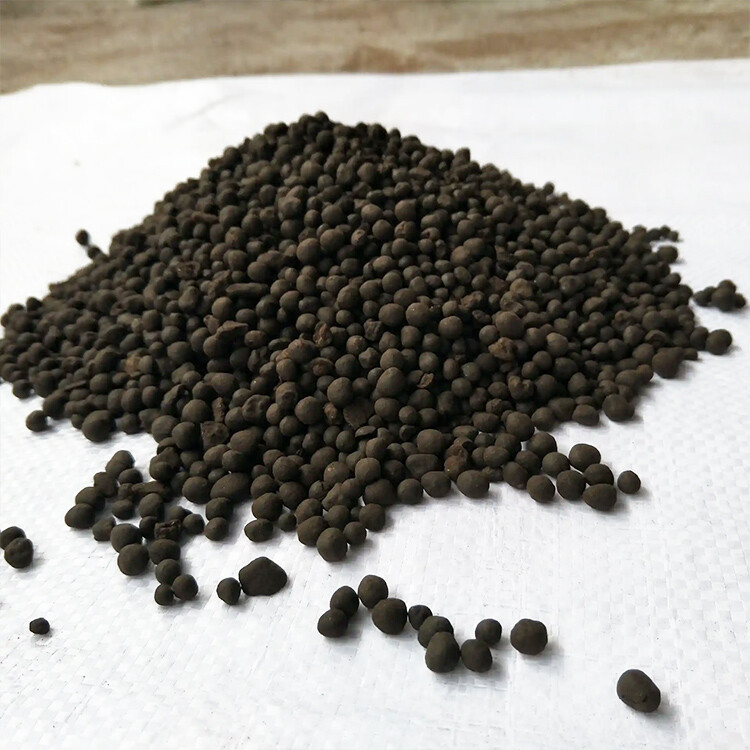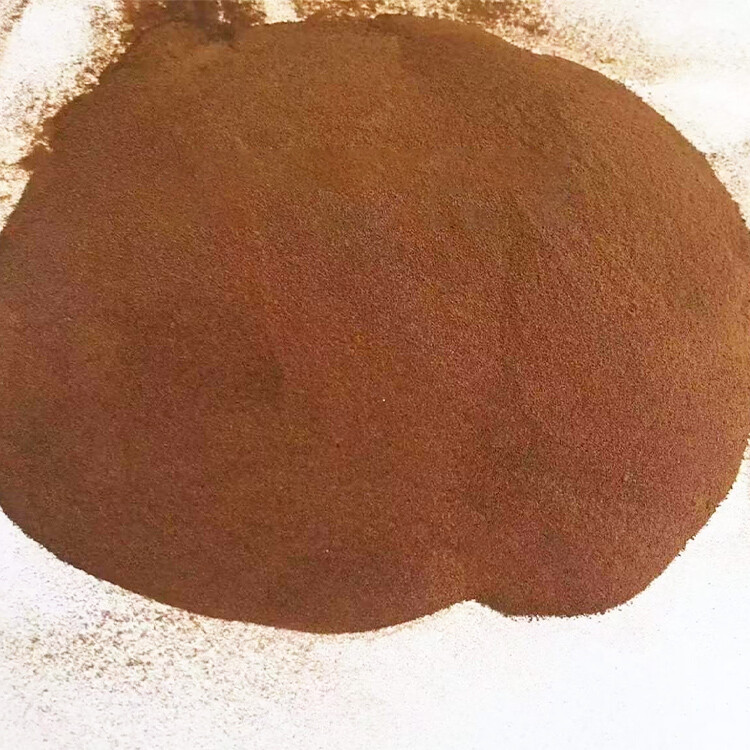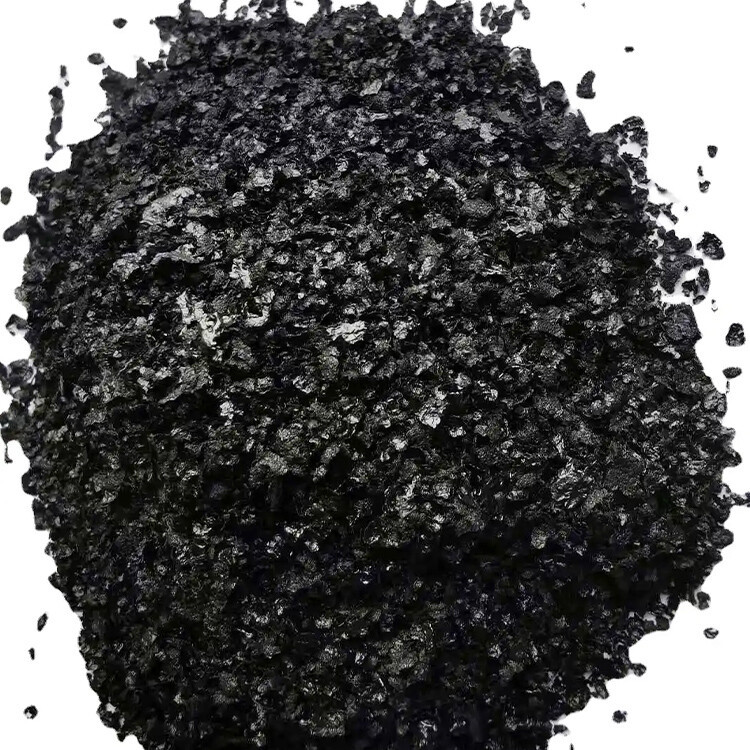SEARCH
PRODUCT
PRODUCT PARAMETERS
Ammonium chloride is the primary byproduct of the soda ash production process. It is a white crystalline solid that easily absorbs moisture and forms lumps. It decomposes easily upon heating. Ammonium chloride undergoes hydrolysis in water, decomposing into ammonia and hydrogen chloride gas upon heating. It reacts with alkaline oxides and sulfuric acid to produce ammonium bisulfate and hydrogen chloride. It is used industrially in metal welding, electroplating, leather tanning, and dry cell batteries. It serves as an arsenic inhibitor in mineral processing and is used in metal smelting for the extraction of non-ferrous metals and the extraction of rare and precious metals. It is also used as a flux for tin and zinc plating, to remove rust, and as an electrolyte in carbon-zinc dry cell batteries. In agriculture, it is used as a nitrogen fertilizer for crops such as rice, wheat, and cotton.
PRODUCT APPLICATIONS
As a Catalyst
Ammonium chloride offers the advantages of being inexpensive, non-toxic, environmentally friendly, easy to handle, and simple to process. It generally does not require stringent reaction conditions such as anhydrous and oxygen-free conditions. The development of its catalytic organic synthesis has potential theoretical and industrial applications.
As a Fertilizer
Ammonium chloride increases the yield and quality of field and horticultural crops. Its yield-increasing effect is superior to urea. Ammonium chloride reduces fruit acidity, increasing sugar and vitamin C content, thereby improving fruit quality. Long-term application of ammonium chloride can gradually accumulate chloride ions in the soil and lower soil pH, without affecting other physical and chemical properties. For example, it has no adverse effect on microaggregate composition and actually has a positive effect. Its effects on soil volume, porosity, and cation exchange capacity are not significantly different from those of urea treatment, indicating no adverse effects on soil structure. Ammonium chloride application can also reduce nitrification in the soil, thereby reducing nitrogen leaching and denitrification losses.
Battery Materials
Ammonium chloride-based zinc-manganese batteries are widely used primary batteries. While the main types of modern zinc-manganese batteries are high-chloride zinc batteries and alkaline manganese batteries, ammonium chloride-based zinc-manganese batteries offer low cost, ease of large-scale production, and performance that meets the needs of the general public.

FACTORY DISPLAY
FAQ
Q: Are you a factory or a trading company?
A: We are a company integrating manufacturing and trading.
Q: Can you provide samples for testing before mass production?
A: Of course. We can send you samples free of charge, and we also include a COA. However, you will be responsible for the shipping fee.
Q: How can I get an accurate quote?
A: Please provide the exact product specifications, particle size, color, and intended use, and we will provide you with an accurate quote.
Q: Can you provide a COA?
A: Of course, but only for standard products. If you require an accurate COA, we will produce and test samples before providing you with an accurate COA.
Q: Do you accept ODM or OEM services?
A: Yes, we offer customized services for ingredients, packaging, and labeling. We have strong design capabilities. Please contact us to design your own brand.
Q: Can I visit your factory before placing a large order?
A: Of course. We welcome you at any time.
Q: What is the loading port?
A: Usually Qingdao or Tianjin.
Test certificate

CONTACT US
PRODUCT RECOMMENDATION
Professional Service
Interested? Leave your contact details.
Search Starts Here

